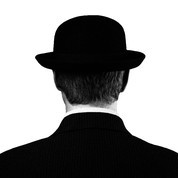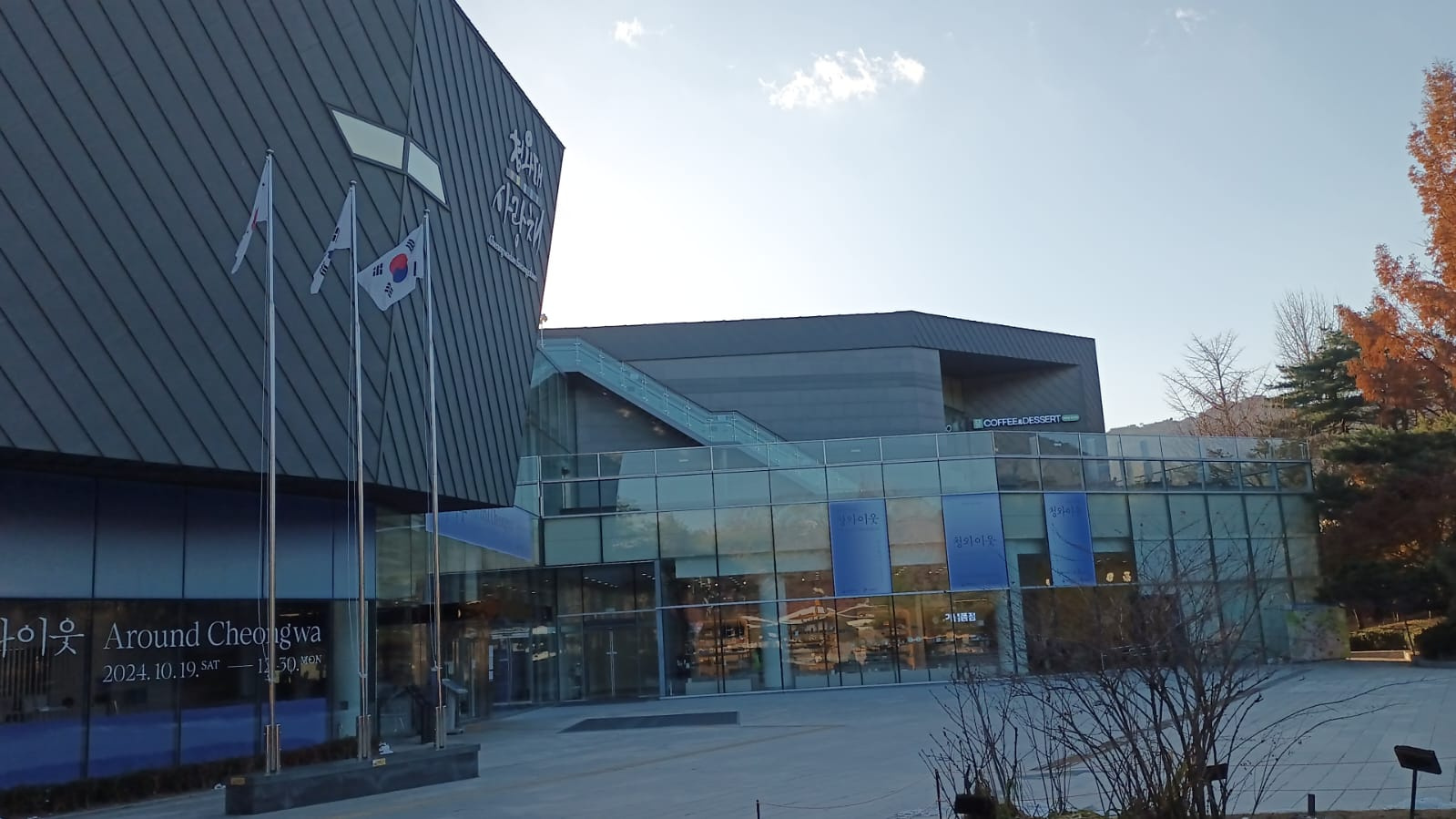“Every experience, good or bad, and in between, is a lesson.”
I happened to fly from Hong Kong to Seoul to work. I witnessed the political drama of martial law orchestrated by the South Korea President Yoon Suk Yeol (尹錫悅) on 3rd December 2024. There is nothing more unpredictable than life itself. Every new day may end up in something that it is hard to believe.
Here is the summary of the horseplay: “South Korea entered a sudden political crisis. On 3rd December 2024, President Yoon Suk Yeol unexpectedly declared martial law (戒嚴)—a shocking move for the mature democracy. Yoon, again dramatically, retracted martial law 6 hours later, following a unanimous rejection of his order by 190 members of the country’s National Assembly. The shock waves are continuing to reverberate. The opposition parties passed impeachment motions and called for the President to be held accountable and resign. There are forces that are pushing him to step down, within and outside his party. As events unfold, South Koreans are now watching anxiously, worried that their decades-old democracy may be getting more and more fragile.”
Yoon, with the nickname of “South Korean Donald Trump”, is a former prosecutor. It is rumoured that he is conservative and tough. He, after his election, announced his decision to abandon the huge presidential office of the Blue House (青瓦臺) and set up his new workplace in central Seoul. It is also rumoured that he moved out from the Blue House because of its bad “feng shui”(風水). Believers in the geomancy practice have linked the “inauspicious” nature of the Blue House to the fact that many out of the former presidents in South Korea in the past 25 years have either ended up in jail or killed themselves after leaving office.
I arrived in Seoul on the night of 3rd December 2024. I went to my hotel room and turned on the TV. All channels, in an instant, unusually stopped their broadcasting programs: President Yoon suddenly appeared on TV and declared South Korea was immediately under martial law. He and the military under him would control the country and nobody could enter the parliament without permission. I became very scared. It was not death that I should fear. But, I just feared if I should leave Seoul immediately. Should I continue my work in the coming few days? Would there be a lot of people protesting in the streets? Could the public transport be as usual? Was the airport already closed?
I almost could not sleep.
In the morning, the short-lived attempt at martial law was abandoned by Yoon. I felt better. As my hotel was near the City Hall, I saw thousands of Yoon’s supporters took to the streets. The flip side was that there were also thousands of demonstrators, in opposition of the President, gathered outside the Parliament. The subway was crowed with people on their way to join the City Hall rally. I spent hours strolling mindlessly around the city of Seoul and things did look very quiet. Perhaps it was because I did not understand their language, and so not aware of the conversations of the people..
Later, I heard from Korean friends that the critical turning point of the story was that the soldiers outside the Parliament, in defiance of the command, allowed the opposition party members to enter the hall and legitimately pass a resolution against the martial-law order of the President. One of my friends sighed, “Could we call it a case of brain rot?”
Plagued by the below-par handling of the order of martial law by Yoon and the on-going political conflicts of the parties, will South Korea be removed from the list of places that Hong Kong people can safely travel to? We are not sure.
Democracy in Asia is fragile, and will take hard work and many years for it to become true. Understandably, there are now 3 branches of politics: commonly money, power and desire.
This article can also be found at the following sites:

















